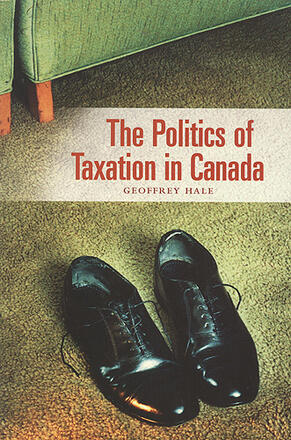
The Politics of Taxation in Canada
La description
Finalist for the 2002 Donner Prize
The balancing of government budgets after years of chronic deficits has reopened public debates over tax levels, the size of government and proposals for tax reform. The Politics of Taxation in Canada explains the factors that have shaped the evolution of Canada’s tax system since the 1960s and the issues that are likely to challenge governments in coming years. It outlines the nature and objectives of Canada’s tax system, the organizational and institutional structures that define and control it, and the political processes that enable politicians to manage policy changes—subject to competing pressures from voters and organized interest groups.
Political scientist Geoffrey Hale describes the major elements of Canada’s tax system as parts of an "economic constitution" that affects the daily lives of Canadians as much as the political constitution that defines the powers and limits of governments and the rights of citizens. The principles of Canada’s tax system reflect a loose and evolving political consensus on social and economic priorities. Hale suggests that to be politically and economically workable, proposals for major tax changes "must begin with the tax system as it is, not as we might wish it to be in the best of all possible worlds. "